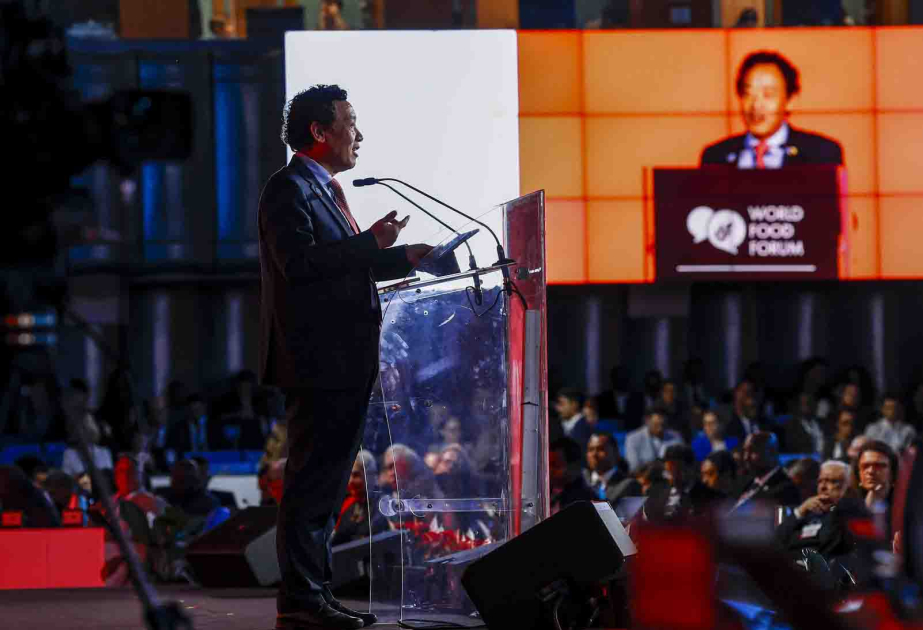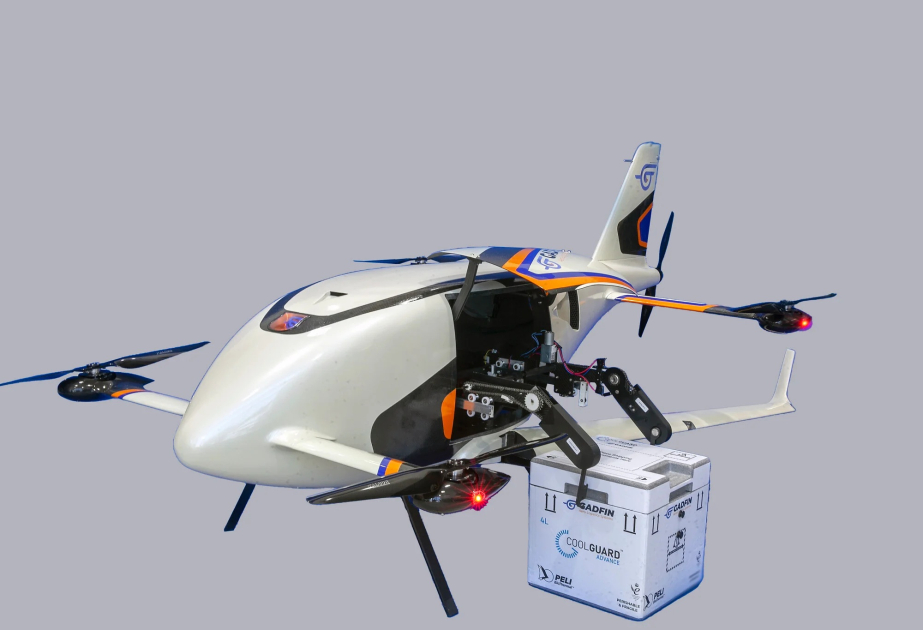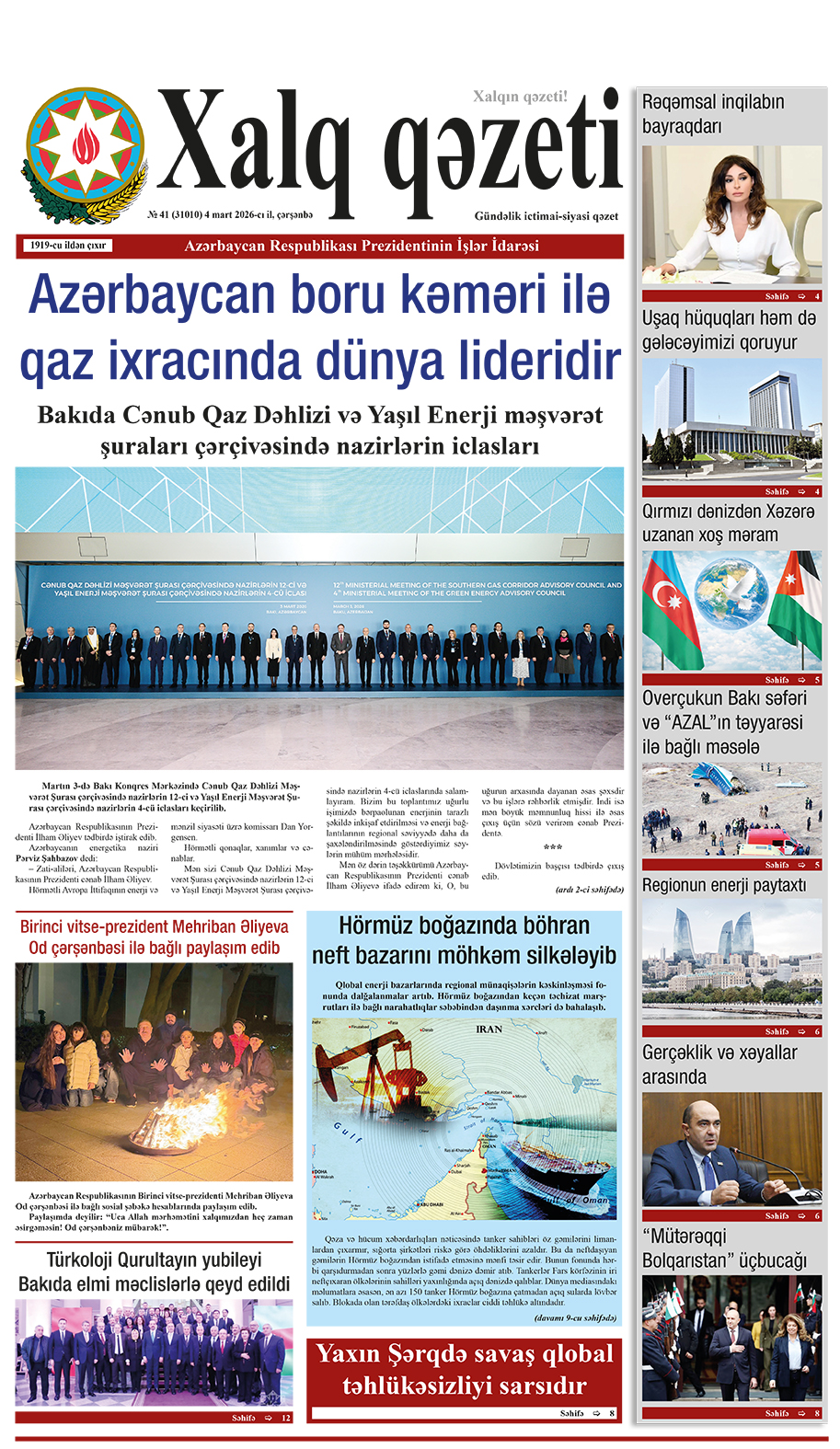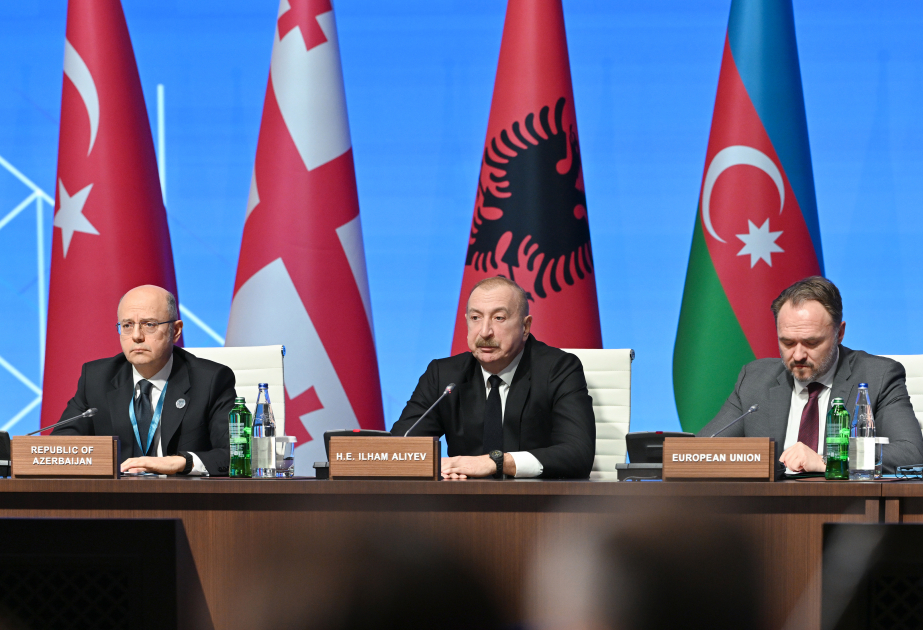Innovative and targeted approaches to development are in ever-greater demand, as underscored by growing participation in the Hand-in-Hand Investment Forum 2024, which began today in Rome during the World Food Forum, according to the official website of the UN Food and Agriculture Organization (FAO).
There are now 72 countries that have joined the Hand-in-Hand Initiative, a signature scheme launched by QU Dongyu, Director-General of the Food and Agriculture Organization of the United Nations (FAO).
Some 29 countries and five regional initiatives will be at this year’s forum at FAO headquarters, showcasing 115 high-impact agrifood investment cases and engaging directly with possible investors in more than 400 meetings scheduled so far. The Hand-in-Hand Initiative has so far catalyzed more than $3 billion in prioritized agrifood investments, while the investment cases proposed have the capacity to rise six times as much.
“Finance and investment are critical to achieving agrifood systems transformation to unlock their potential to sustainably deliver good for all, for today and tomorrow,” Qu said while opening the three-day event.
FAO’s Hand-in-Hand Initiative is, along with the annual Investment Forum, a “very good example of an innovative solution deigned to bridge the financing gap in an inclusive and equitable way, targeting Small Island Developing States (SIDS), least-developed and land-locked countries, and countries in food crisis situations,” the Director-General said.
The Hand-in-Hand Investment Forum is the crux of the Initiative’s partnership-building effort, as it brings investors, multilateral development banks, the private sector and development partners, foundations and impact funds to a platform where FAO Members can directly present their prioritized agrifood investment opportunities in their agrifood systems and value chains. Indeed, the main acts of the Forum are private bilateral “matchmaking” meetings with ministers and senior national officials that FAO facilitates, and that can be solicited here.
QU urged minsters to share lessons learned and other insights gained from pitching their investment cases. He also reminded them that investment cases need to be complemented with appropriate enabling policies.
The ongoing Hand-in-Hand work is focused on identifying better investments in agrifood systems based on a territorial approach, a process in which FAO contribute to a country-led policy and implementation trajectory, using an innovative geospatial toolkit along with granular biophysical and socio-economic data to identify opportunities with the greatest potential for alleviating poverty and hunger.
Using a territorial and government-owned and led approach, the goal is to accelerate market-based transformations of agrifood systems to raise incomes, improve nutrition, empower poor and vulnerable populations and strengthen resilience to climate change. FAO then helps engage partners with the ability to provide critical means of implementation, ranging from technology, data and information to capacity development, funding and financing, including risk sharing and blended finance tools.
In 2023, 114 investment cases were presented, seeking $16.59 billion in total investments with an average internal rate of return of 24.5 percent and targeting 155 million people as beneficiaries.
In 2024, prospects are further expanded through three new regional initiatives, focusing respectively on Small Island Developing States in the Caribbean, the Amazonia region, and Southern Africa. These build on existing regional Hand-in-Hand Initiative activities in the Sahel and Central America’s Dry Corridor.
As the goal is to lift people out of hunger and poverty sustainably, climate-smart strategies are essential. FAO resources such as the newly-revamped EX-ACT, for Environmental Externalities Accounting Tool are helpful here, in this case offering a consistent way of estimating and tracking the outcomes of agricultural interventions on greenhouse gas emissions, a critical contribution to policy makers as well as towards accessing global financial support.















